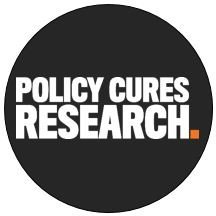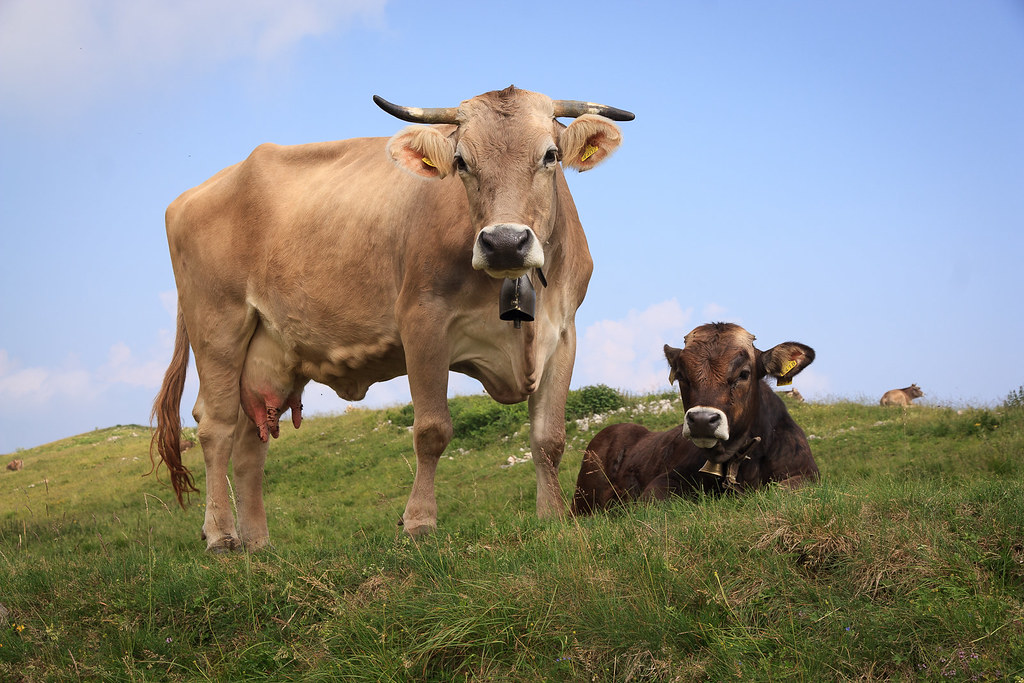There is now sound evidence that seaweed in cattle diet is effective at reducing greenhouse gases.
The nearly 1 billion cows around the planet produce vast amounts of the greenhouse gas methane through burps and flatulence, but a change in the diet of cows can result in significant reductions in bovine emissions.
A team of researchers at the University of the Sunshine Coast in Australia realized this back in 2019 after feeding a type of local seaweed, called Asparagopsis taxiformis, to cattle.
Two researchers at the University of California, Davis, in the United States have just reached the same conclusion. For five months last year they mixed smaller amounts of the seaweed into the feed of 21 beef cattle as they tracked their weight gain and methane emissions.
The select animals that were fed about 80 grams of the seaweed in doses grew just as well as all the others in their herd, yet they burped out 82% less methane, the scientists report.
“We now have sound evidence that seaweed in cattle diet is effective at reducing greenhouse gases and that the efficacy does not diminish over time,” says Ermias Kebreab, a professor at the university’s Department of Animal Science who was one of the researchers.
In the U.S. alone agriculture accounts for a tenth of domestic greenhouse gas emissions, half of which derive from cows and other ruminants that belch gases like methane as they graze.
Therefore, the implications of the finding are highly significant as it means that the dairy industry could significantly reduce its share of greenhouse gas emissions just by tweaking the diet of cattle.
In other words, by feeding cattle some of the seaweed, which the animals love nibbling, we could take a large step towards a far more sustainable production of livestock worldwide.
“Since much of livestock’s methane emissions come from the animal itself, nutrition plays a big role in finding solutions,” Kebreab stresses.
This story first appeared on Sustainability Times
South Africa Today
© 2021 Sustainability Times.
This article is licensed under a Creative Commons Attribution-ShareAlike 4.0 SA International License.












